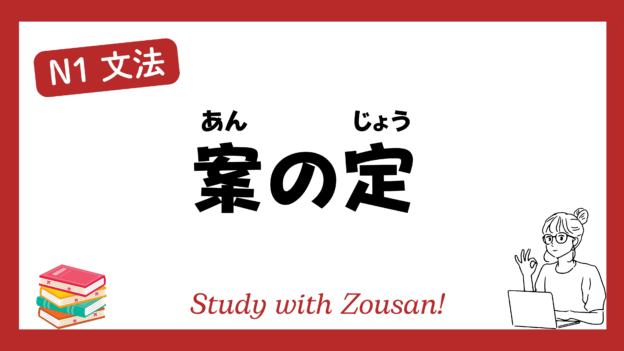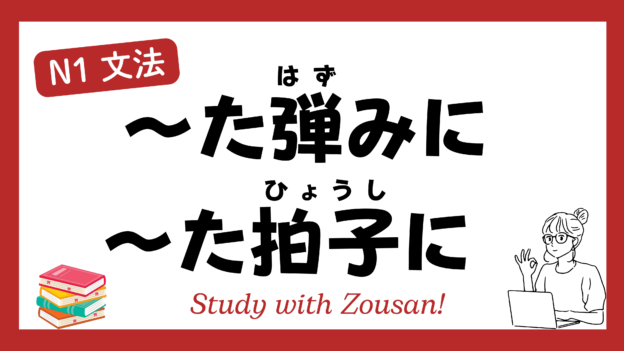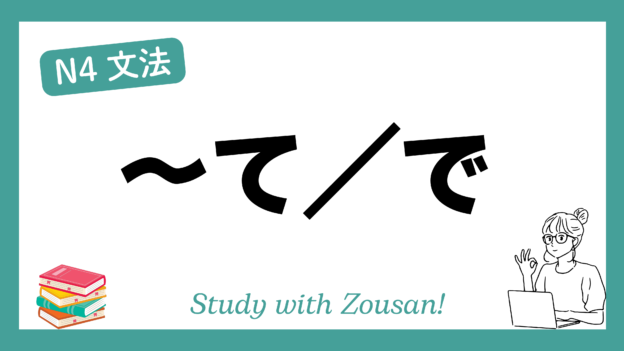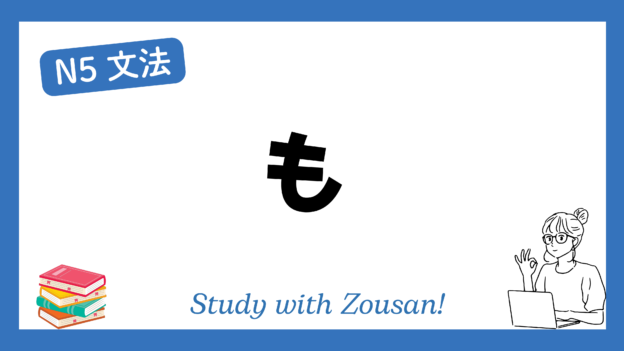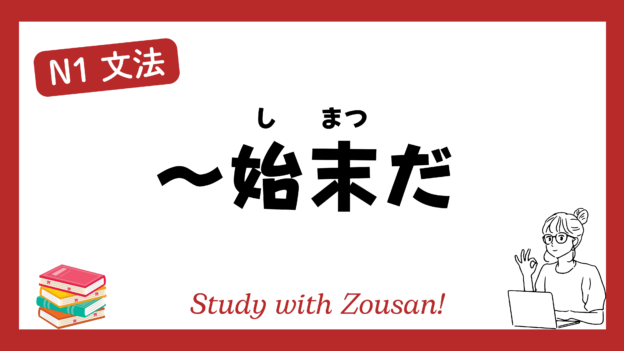N1文法:案の定
Meaning: “As expected…”, “Just as I thought…”
This structure is used to express that something happened exactly as predicted or expected, often in a negative or undesirable context. It emphasizes that the result was not surprising but anticipated.
※Note: “案の定” is often used when the speaker has foreseen the outcome, and the result is typically negative.
Structure:
| 案の定 + | phrase |
Example:
-
-
-
🌟 案の定、彼は遅刻した。
(あんのじょう、かれ は ちこく した。)
As expected, he was late. -
🌟 案の定、試験は難しかった。
(あんのじょう、しけん は むずかしかった。)
As expected, the exam was difficult. -
🌟 案の定、雨が降り始めた。
(あんのじょう、あめ が ふりはじめた。)
Predictably, it started to rain. -
🌟 案の定、彼女は約束を忘れていた。
(あんのじょう、かのじょ は やくそく を わすれていた。) -
🌟 案の定、プレゼンの準備が足りなかった。
(あんのじょう、プレゼン の じゅんび が たりなかった。)
As expected, the preparation for the presentation was insufficient. -
🌟 案の定、彼は反対した。
(あんのじょう、かれ は はんたい した。)
Predictably, he opposed it. -
🌟 案の定、電車が遅れていた。
(あんのじょう、でんしゃ が おくれていた。)
As expected, the train was delayed. -
🌟 案の定、彼は約束を破った。
(あんのじょう、かれ は やくそく を やぶった。)
As expected, he broke his promise. -
🌟 案の定、会議は長引いた。
(あんのじょう、かいぎ は ながびいた。)
Predictably, the meeting ran long. -
🌟 案の定、彼女は来なかった。
(あんのじょう、かのじょ は こなかった。)
As expected, she didn’t come.
-
-



